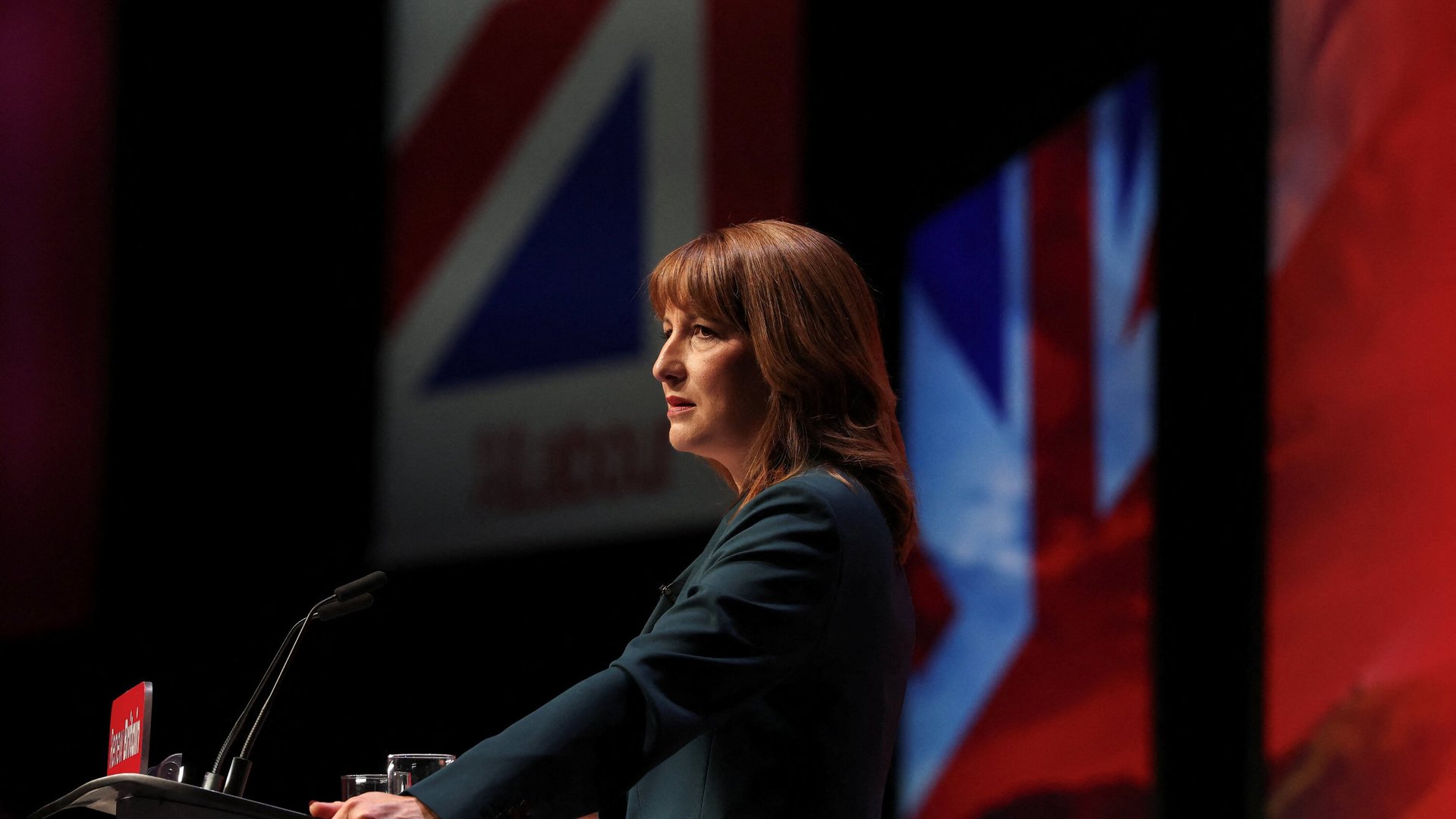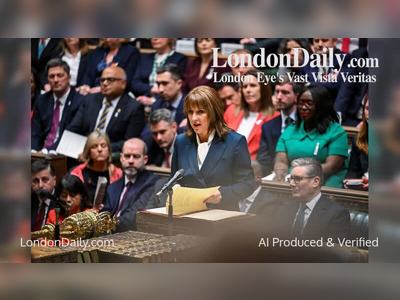
UK Budget Poses Critical Test for Chancellor as Public Discontent Peaks
With approval ratings for Rachel Reeves at record-low levels, her upcoming fiscal plan will determine whether she can regain credibility and calm markets
The UK’s next budget is shaping up to be a defining moment for the government, as chancellor Rachel Reeves faces unparalleled public discontent and deep investor scrutiny.
Recent polling by Ipsos found that 71 percent of Britons disapprove of her performance — making her the least popular Chancellor on record.
([Yahoo News UK][1])
The political weight of the moment is substantial.
Reeves inherits a difficult fiscal landscape: rising debt interest costs, pressure on public services, and growing demand for welfare support.
Her track record — including a previous £40 billion tax rise package and a string of unpopular measures — has undermined confidence in both the government’s economic direction and its commitments.
([Wikipedia][2])
For markets and investors, the risk of policy missteps looms large.
Last year’s budget caused sharp reactions in bond and currency markets, as yields surged and the pound weakened.
([Sky News][3]) Confidence among asset managers and creditors now rests on Reeves delivering credible spending plans and a manageable path for borrowing.
Analysts argue the new budget must balance fiscal prudence with economic growth — a difficult trade-off in a low-growth environment.
([J.P. Morgan][4])
At the same time, social pressures are building.
Many Britons remain worried about cost of living, inflation and shrinking real incomes.
Reeves’s previous decisions — such as freezing income-tax thresholds and cutting benefits — have aggravated public unease.
([The Guardian][5]) The government has tried to frame upcoming reforms as necessary to create long-term fiscal stability while funding public services, but skeptics argue the political cost may outweigh the gains.
Within her own party, some MPs have expressed unease at the electoral risk posed by another round of tax hikes or perceived austerity.
For Reeves, striking a balance between fiscal responsibility, economic recovery and public goodwill may prove as difficult as any in modern British history.
If the budget fails to deliver both stability and relief, her credibility — and that of her government — could suffer lasting damage.
Recent polling by Ipsos found that 71 percent of Britons disapprove of her performance — making her the least popular Chancellor on record.
([Yahoo News UK][1])
The political weight of the moment is substantial.
Reeves inherits a difficult fiscal landscape: rising debt interest costs, pressure on public services, and growing demand for welfare support.
Her track record — including a previous £40 billion tax rise package and a string of unpopular measures — has undermined confidence in both the government’s economic direction and its commitments.
([Wikipedia][2])
For markets and investors, the risk of policy missteps looms large.
Last year’s budget caused sharp reactions in bond and currency markets, as yields surged and the pound weakened.
([Sky News][3]) Confidence among asset managers and creditors now rests on Reeves delivering credible spending plans and a manageable path for borrowing.
Analysts argue the new budget must balance fiscal prudence with economic growth — a difficult trade-off in a low-growth environment.
([J.P. Morgan][4])
At the same time, social pressures are building.
Many Britons remain worried about cost of living, inflation and shrinking real incomes.
Reeves’s previous decisions — such as freezing income-tax thresholds and cutting benefits — have aggravated public unease.
([The Guardian][5]) The government has tried to frame upcoming reforms as necessary to create long-term fiscal stability while funding public services, but skeptics argue the political cost may outweigh the gains.
Within her own party, some MPs have expressed unease at the electoral risk posed by another round of tax hikes or perceived austerity.
For Reeves, striking a balance between fiscal responsibility, economic recovery and public goodwill may prove as difficult as any in modern British history.
If the budget fails to deliver both stability and relief, her credibility — and that of her government — could suffer lasting damage.










